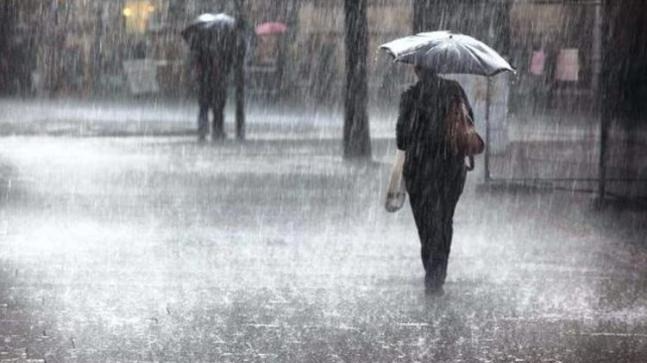Mumbai: After an unexpected pause since May 29, the southwest monsoon is likely to regain momentum in the coming days. The India Meteorological Department (IMD) has projected a possible revival between June 12 and 18, bringing hope to regions grappling with prolonged dry spells, particularly in central India, Maharashtra, and the southern peninsula.
While there remains some uncertainty regarding the development of a monsoon-triggering system over the Bay of Bengal between June 12 and 13, IMD’s extended-range forecast indicates a resurgence of rainfall activity, even in the absence of a significant low-pressure system.
“Some models show the possibility of a system developing, while others do not. We are not yet confident enough to include it in the official forecast,” an IMD official said.
Forecast Highlights: June 12–18
According to the IMD, the strengthening of westerly winds and a potential offshore trough near the west coast may lead to widespread rainfall across the southern peninsula and adjoining parts of central India.
Rainfall distribution during this period is expected to be:
Above normal in southern peninsular India
Normal to above normal in central India
Below normal in northwest, east, and northeast India
The IMD noted that the further advancement of the monsoon across the country will depend on the establishment of consistent wind patterns and effective rainfall distribution following the revival.
Private weather forecasting agency Skymet Weather Services has projected a higher certainty of monsoon revival. According to Skymet, a cyclonic circulation is likely to form over the west-central Bay of Bengal by June 10, which could initiate weather activity along the east coast by June 11.
The system is expected to take a southerly trajectory, moving across Andhra Pradesh, Telangana, Karnataka, and Maharashtra. Skymet estimates that the monsoon will revive across southern India between June 12 and 17, which closely aligns with IMD’s forecast window.
The delayed onset of the monsoon has raised alarms, especially in rain-dependent regions, affecting agricultural planning, urban infrastructure, and water management strategies. In states like Maharashtra and Telangana, the lack of rainfall has exacerbated heatwave conditions and disrupted farming schedules.
The coming week is likely to be crucial in determining whether atmospheric conditions evolve as predicted. Both IMD and private forecasters are monitoring developments closely.
Citizens, farmers, and local authorities are advised to stay updated with official forecasts and regional alerts to make informed decisions regarding farming, water use, and public health preparedness.
















